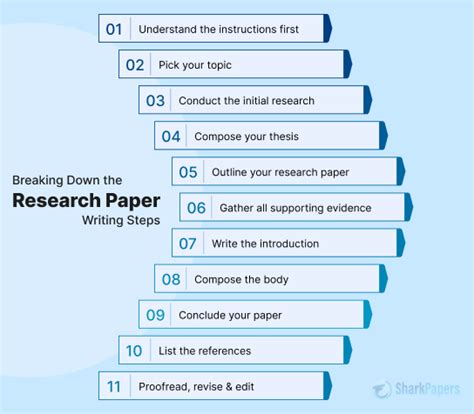How to Write Research Papers That Stand Out

Writing a research paper that stands out is not just about having great ideas—it's about presenting those ideas in a clear, compelling, and well-organized manner. A standout research paper reflects thorough research, strong critical thinking, and a clear argument that is effectively communicated. Whether you’re working on an academic paper, a thesis, or a dissertation, here are some strategies to help you produce a paper that captures attention, engages readers, and demonstrates your intellectual rigor.
Choose a Compelling Topic
A strong research paper starts with a strong topic. One of the most important elements to consider when selecting a topic is its relevance and uniqueness. You want to choose a subject that not only interests you but also fills a gap in the existing literature or explores a topic from a new angle.
Tips for Selecting a Topic:
- Find a niche: Instead of writing on a broad topic, narrow it down to something specific. For example, instead of writing on "climate change," focus on "the economic impact of renewable energy policies in rural areas."
- Ensure relevance: Consider current trends or gaps in the literature. Review recent studies to identify areas that are underexplored or contentious.
- Focus on your interest: Researching something you’re genuinely curious about will make the process more enjoyable and your argument more compelling.
Conduct Thorough Research
A standout research paper is grounded in strong, well-organized research. This means going beyond the surface and engaging deeply with your sources to build a strong foundation for your argument.
How to Conduct Effective Research:
- Use credible sources: Rely on academic journals, books, and reputable databases like JSTOR, PubMed, and Google Scholar. These sources provide well-researched, peer-reviewed content.
- Take detailed notes: As you read, take notes on key points, quotes, and ideas that are relevant to your paper. Record full citation information for each source, so you can easily reference it later.
- Organize your research: Use digital tools (like Zotero, Evernote, or Mendeley) or physical methods (like index cards) to organize your research. Group related ideas together, and keep track of any conflicting viewpoints.
- Stay current: If you’re writing about a topic that evolves quickly (like technology or social issues), ensure your research is up-to-date with the most recent studies and theories.
Develop a Clear Thesis Statement
The thesis statement is the heart of your research paper. It clearly defines your argument or the main point you intend to make. A strong thesis will not only inform your readers of what your paper is about, but it will also guide the rest of your research and writing.
Tips for Crafting a Strong Thesis:
- Be specific: Avoid vague or general statements. Instead of “Social media affects society,” consider “Social media has reshaped political discourse by enabling misinformation to spread more easily.”
- State your position: Your thesis should express your point of view, not just the subject matter. This gives your paper a clear direction and purpose.
- Be debatable: A strong thesis offers an argument that others might disagree with, making it the starting point for your analysis and discussion.
Create a Detailed Outline
Before diving into writing, it’s helpful to create an outline to organize your thoughts and structure your paper logically. A clear outline will serve as a roadmap for your paper, ensuring that your argument flows smoothly and each section is well-developed.
Key Components of a Research Paper Outline:
- Introduction: Briefly introduce your topic, the problem you’re addressing, and your thesis statement.
- Literature Review: Summarize key research and theories related to your topic. This shows you’ve engaged with existing work and helps you position your research within the broader academic conversation.
- Methodology (for empirical papers): If applicable, explain the methods used in your research, including how data was collected and analyzed.
- Main Body: Organize your main points logically. Each section should support your thesis, with evidence and analysis to back up your argument.